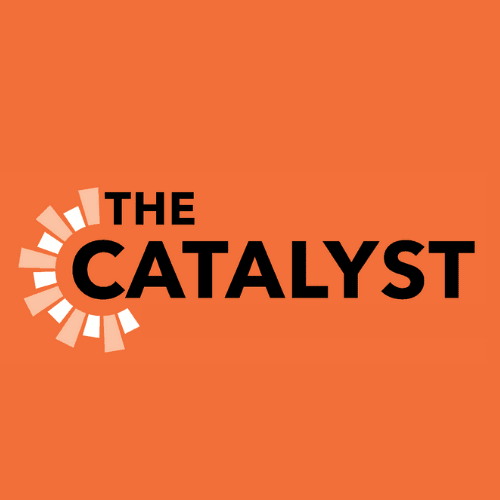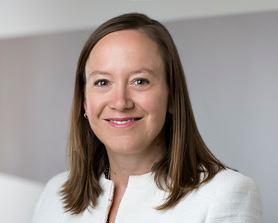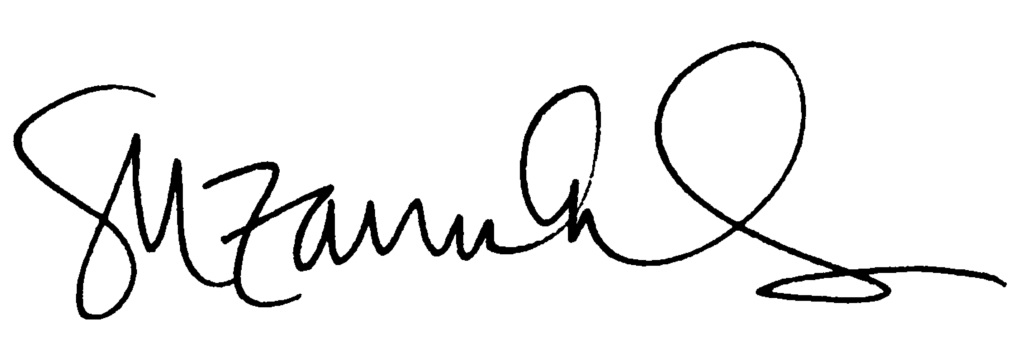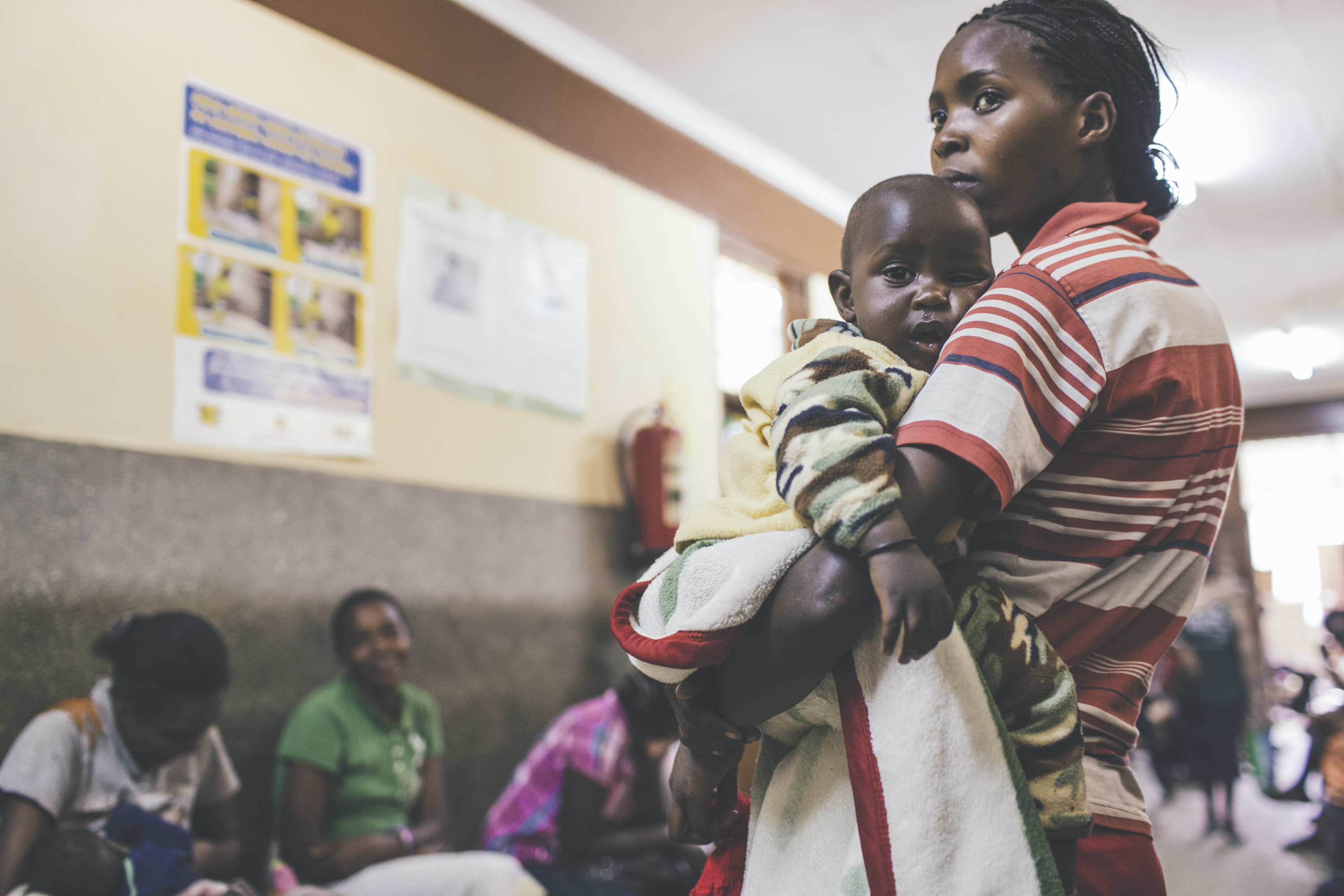Youth Advocacy in Action (Spring 2023)


Reflecting Back and Looking Ahead
By now, you probably have heard that I will be stepping down from my role at PAI at the end of January. As I look back on my 16 years at this incredible organization, including nearly ten as CEO, I am in awe at how much we—staff, partners, donors and board members—have accomplished together in advancing the sexual and reproductive health and rights of women, girls and vulnerable communities around the world.
Thanks to generous funders like you, PAI’s revenues increased nearly fourfold in the past decade, enabling us to significantly expand our reach. Our global footprint grew from ten to more than 25 countries, and grantmaking hit the $3 million mark in 2018. Throughout all this growth, our commitment to sexual and reproductive rights has remained steadfast, and PAI will not stop until every woman has access to the quality, affordable and comprehensive health care she deserves.
Even as my time here is drawing to a close, I remain strongly committed to the organization’s mission and work. I will continue to support PAI, both as a monthly donor and staunch ally, and I look forward to watching the organization expand its global impact with new partners and initiatives.
I hope PAI can count on your continued support as well. Every time you make a donation, it shows your commitment to protecting sexual and reproductive rights, and PAI could not do this vital work without you. Together you are making a real difference in the lives of women and girls, and for that I am—and will always be—deeply grateful.

Suzanne Ehlers
President and CEO
How PAI Partners Are Holding Their Governments Accountable
In 2012, Family Planning 2020 (FP2020) sparked a global movement. Before a worldwide audience, more than 20 governments from the global south committed to addressing the barriers preventing women and girls from deciding if, when and how many children they want to have. From increasing budgets for family planning commodities and services to expanding the types of contraceptives available, the specific pledges varied from country to country. But the overall goal at the time was to ensure that 120 million more women and girls have access to contraception by 2020.
 Since that time, the number of governments pledging to take on these financial, policy and socioeconomic obstacles has grown to 46. But what happens on the ground with such commitments, once the spotlight on the global stage fades?
Since that time, the number of governments pledging to take on these financial, policy and socioeconomic obstacles has grown to 46. But what happens on the ground with such commitments, once the spotlight on the global stage fades?
“Too often, these pledges haven’t turned into systemic change that translates into real progress for women and girls at the community level,” explains Jonathan Rucks, PAI’s senior director of policy and advocacy. “We need to think of these commitments as a joint compact between a government and the people it serves. It takes a strong civil society to hold the government accountable to deliver on their obligations.”
This is where PAI comes in. Together with our more than 70 in-country partners, we work to ensure policymakers are accountable to the women and girls they promise to help. These civil society organizations play a crucial role in elevating the unique needs of women and girls—as well as youth and other vulnerable populations—in policy and funding discussions. The advocates we partner with also serve as technical experts, advising their governments on how to transform high-level commitments into concrete actions that can be measured.
The deadline for the FP2020 commitments is next year, and while more women and girls than ever before are using family planning, we won’t meet the goal at the current rate of progress. This means our work can’t stop. In fact, PAI’s role will become increasingly more important as the global community shifts our focus to 2030 as the mile-marker for achieving new and even more ambitious global development priorities, including realizing universal access to sexual and reproductive health and rights globally as part of the sustainable development goals.

Our work with partners to hold governments accountable will become ever-more critical in the decade ahead, and your support will be essential along the way.
Look below for examples of how and where PAI is equipping local advocates to hold their governments accountable to their FP2020 commitments.

PAI works with partners across 24 countries to facilitate meaningful action on government commitments to improve women’s and girls’ access to sexual and reproductive health and rights (SRHR), including contraceptive information, services and supplies. Here are three examples of how we provide support:
Financing Advocacy Efforts
Local advocates are best positioned to hold their governments accountable for their FP2020 commitments, but often lack the resources to support these efforts.
Managed by PAI, the Opportunity Fund is a flexible source of funding for organizations to seize family planning advocacy opportunities and accelerate success on commitments. Since 2013, the Opportunity Fund has approved 89 advocacy awards totaling more than $4 million across 22 countries.
Tracking Government Commitments
Civil society organizations— such as community-based nonprofits, faith-based charities and other groups—are critical to ensuring that governments meet their constituents’ health needs, particularly when it comes to SRHR. The ability to systematically track funding and policy efforts and progress on government commitments is essential to that process.
This is why we are working with Samasha Medical Foundation, a longtime PAI partner based in Uganda, to roll out the Motion Tracker. This web-based tool is user-friendly and enables advocates to better monitor FP2020 commitments at the country level.
Promoting Access to Health Care
Universal health coverage (UHC) is an overarching global priority, and a number of countries have made commitments aimed at ensuring that all people have access to the quality, affordable health care they need. As governments are developing meaningful national health reforms, PAI sees real opportunity in ensuring they include SRHR services for women and girls.
PAI just launched a multiyear initiative to strengthen the advocacy efforts of local partners in seven countries as they push for their governments to prioritize SRHR access within emerging UHC policies.
Board Treasurer Suellen Lazarus on How Donors Like You Advance PAI’s Work—And Our Shared Mission

How did you first become interested in PAI’s work?
When a friend and former PAI board chair suggested that I consider joining PAI’s board, I was intrigued. During my more than 20 years at the World Bank Group, time and again, I saw that women were the force that made families, businesses and communities run. But their roles went unrecognized, and their needs—particularly around reproductive health—were too often neglected. PAI fights to ensure that all women can decide if, when and how many children to have, which will lead to healthier families and more prosperous societies.
Why is PAI’s work necessary?
Women’s and girls’ rights and access to health care are under constant attack. The Global Gag Rule is a prime example, and by documenting its devastating impact, PAI gives reproductive rights advocates in Congress hard evidence to build a case to permanently prohibit this disastrous policy. PAI is also equipping local advocates to hold governments accountable for adequate funding and strong policy for family planning.
As the board treasurer, why is support from individuals vital?
PAI does not receive any government funding, and grants from private foundations are typically tied to specific projects. Donations from individuals are mostly unrestricted, allowing PAI to quickly respond to changing needs. And just as importantly, these donations pay for the essential behind-the-scenes work like finance, IT and HR. While those might not sound as exciting as PAI’s on-the-ground work, I assure you they are critical: Without them, the programmatic work could not happen.
You’ve been involved with many organizations— what impresses you about PAI?
What really stands out is how the organization is able to do so much with so little. PAI supports over 70 partners in more than 20 countries, all with a staff of less than 50 people. And the average partner grant is only $35,000. When you think about all that helps accomplish—policy wins, budget line items, advocacy training—it’s pretty extraordinary!
What message do you have for our individual donors?
First and foremost, thank you. PAI truly could not do this work without you. From the FP2020 deadline to the U.S. elections, 2020 is going to be a very busy year for PAI. Your support will advance the work that lies ahead.

Stay informed about the issues impacting sexual and reproductive health and rights.